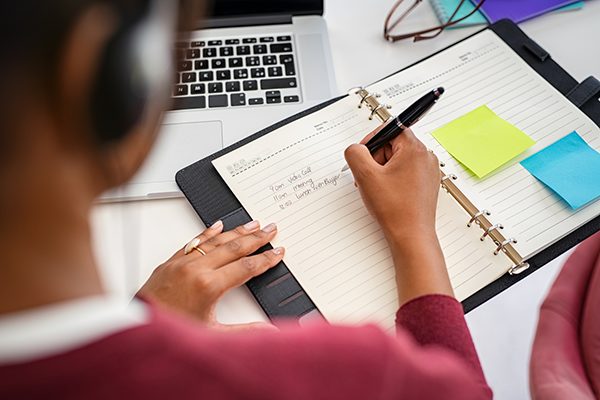
How Paper and Pencil Can Help Your Child Study More Effectively
Help improve memory and retention simply by writing things down
You already know how much time your child spends using electronics. It’s easy to depend on automated calendars, reminders, appointments, and notes. But did you know that the simple act of writing these things down on paper helps to reinforce them and make them easier to remember?
It seems easier and faster to type things into a laptop or tablet, or even a phone, but various studies have shown that when we write things down, something actually happens in our brains that reinforces what we’ve written, and we retain the information much better.
There was a side-by-side study done earlier this year using fMRI neuroimaging to identify specific brain activation differences when we use paper notebooks versus mobile digital devices. Interestingly, the participants who filled in a paper calendar did it more quickly than those who used a tablet or a smartphone. In addition, the accuracy was much higher in the group who wrote notes down manually.
One hour later, participants were asked a series of detailed questions related to the personal calendars they had created and their brains were imaged during this process. There was significantly more robust brain activation and better memory recall in the group who wrote things down on paper. The conclusion? ”Use paper notebooks for information we need to learn or memorize.”
Get your child a day planner
A simple day planner book with a calendar section and a notes section can help your child enter due dates for assignments and projects, reminders about class schedules and extracurricular activities, and any appointments they may have. To make it even more useful, they can include birthdays, holidays, vacation dates, and more. The act of writing these things down will help them remember, but it also produces a handy reference where everything they have going on in their lives can be viewed at a glance, in one place. It also becomes a great way to check things off of a to-do list and refer back to past events and accomplishments. What was I doing on March 13th this year? Oh, there it is on my calendar.
Are there apps that can help you do those things? Of course! And that’s the problem. It could require multiple apps, making it harder to find the thing you’re looking for, and science has already shown that you’ll remember it better if you write it down. Is your child already making notes and writing down assignments using pencil and paper? Great! A day planner will help keep all of that information organized and easy to access.
Letting your child choose the planner and pencil or pen they want to use with it helps them to be invested in the new process. Tip: using a pencil makes it easier to edit and update. Helping them get started, and offering suggestions and support will help it become a successful transition.
Dependence on electronic devices
If you need any more reason to encourage your child to learn to use handwritten calendars, planners, and notes, consider this information from Johns Hopkins All Children’s Hospital: “We have become increasingly dependent on our devices, and now, more than ever, we are using our devices to communicate, get information and remain in contact 24/7. This lends itself to feeling anxious or stressed when we don’t have that source close by at all times.”
One of the negative outcomes of the pandemic has been the hugely increased amount of time children spend on video games, social media, and electronic devices in general. Many parents had to relax their rules about how much screen time their kids could have because suddenly everything was online, the kids couldn’t go to school and couldn’t get together with friends. Data shows that children’s screen time has doubled this year as compared to the year prior.
Returning to in-person school will be an important factor in weaning kids off of their addiction to electronic devices. Providing them the memory-enhancing tools of pencil and paper to incorporate into their daily habits will help retrain their brains and create a lifelong tool that will improve their lives.

